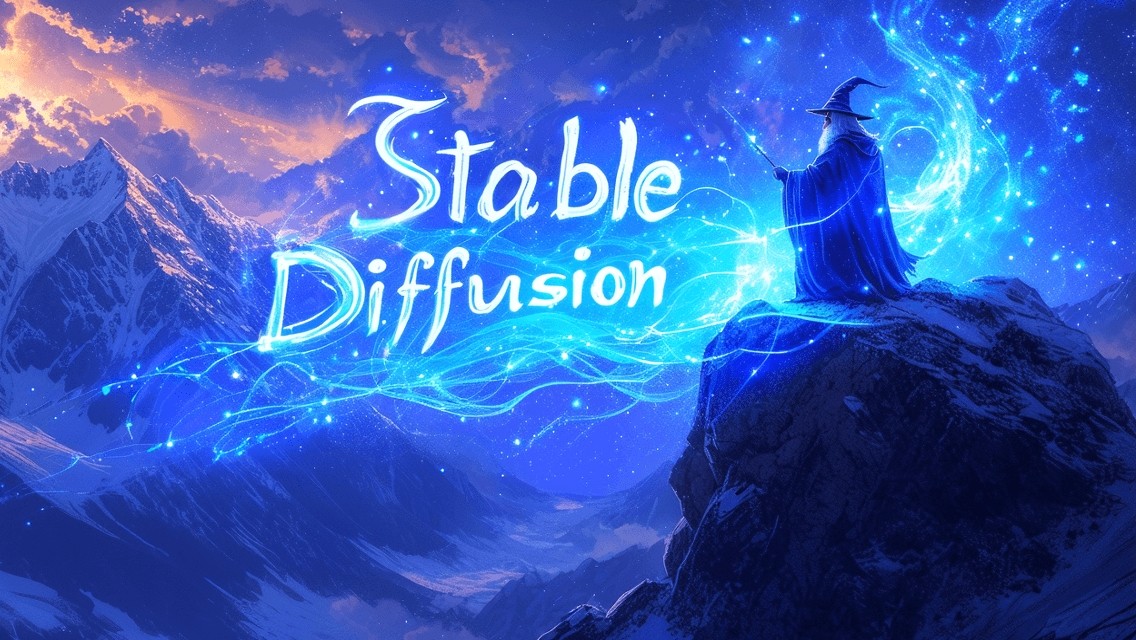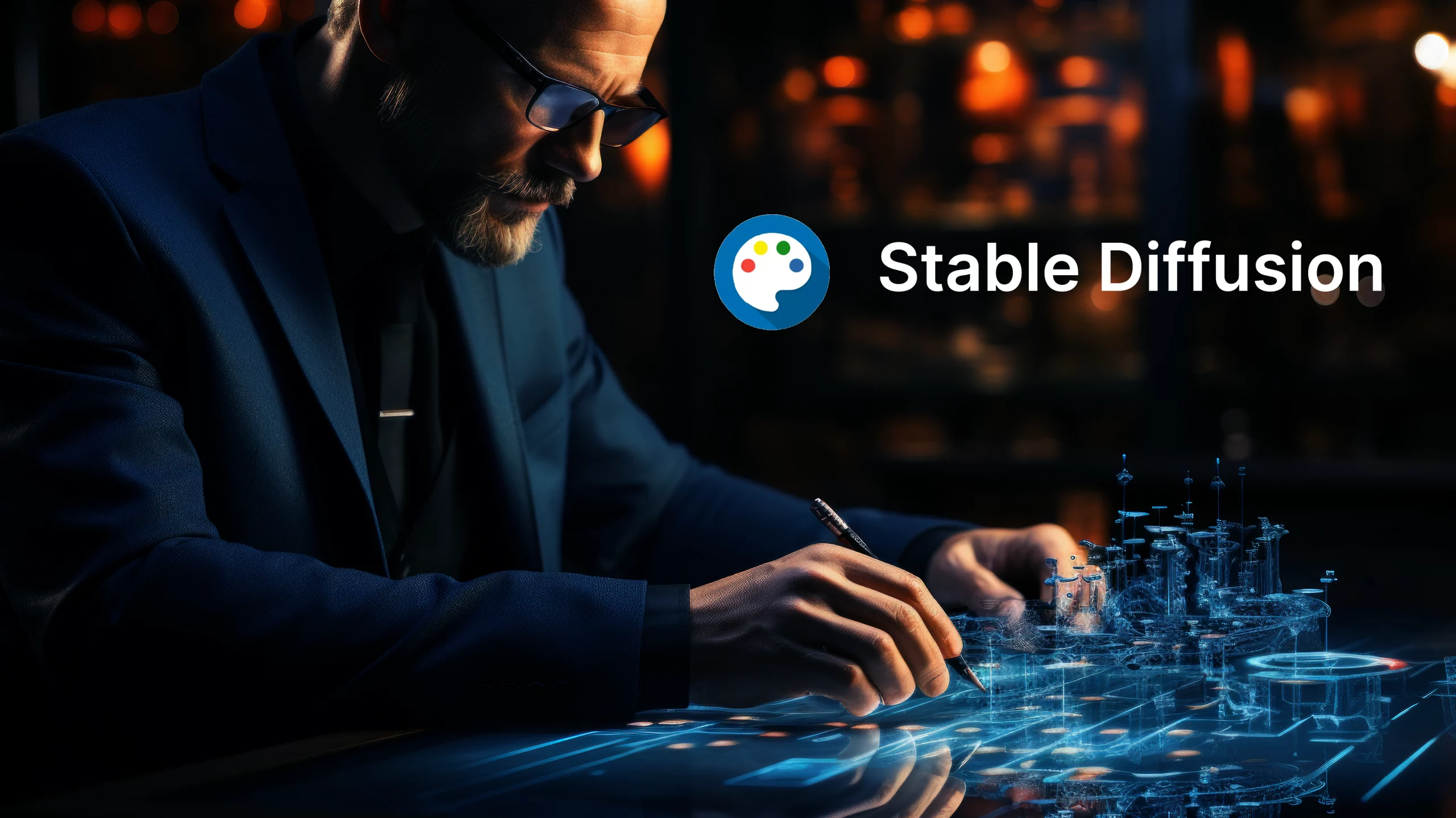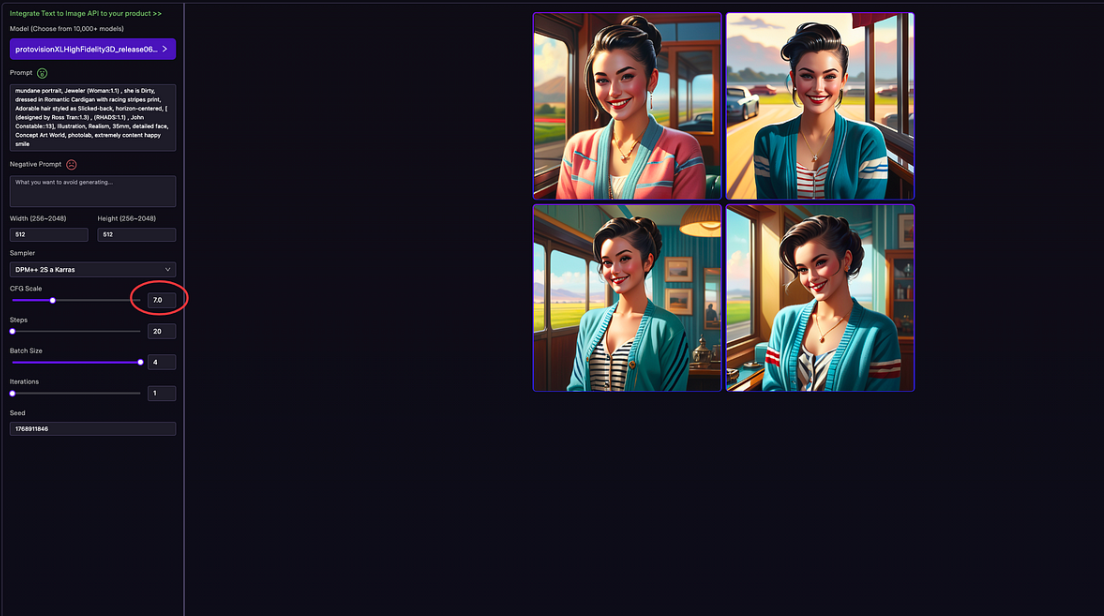Google recently released a detailed white paper that dives into the development and functionality of generative AI agents. This document explains how these intelligent agents can use external tools to go beyond the capabilities of traditional language models to achieve more complex tasks.
In the white paper, a generative AI agent is defined as an application designed to achieve a specific goal by observing its environment and acting accordingly. A distinctive feature of these agents is their autonomy, which allows them to operate independently of human intervention, guided by clear goals.

The white paper states: "By leveraging tools to extend the capabilities of language models, agents can access real-time information, suggest real-world actions, and be able to independently plan and execute complex tasks." This shows that the application potential of generative AI agents is huge .
The document introduces the key components of agent architecture, including a cognitive framework for structuring reasoning, planning, and decision-making processes. Among them, the orchestration layer plays a crucial role, guiding the agent to cycle between information input and action execution.
Additionally, the white paper discusses the importance of tools, such as extensions and features, that enable agents to interact with external systems. These tools enable agents to perform tasks such as updating a database or obtaining real-time data. "Tools bridge the gap between an agent's internal capabilities and the outside world," the authors say, providing examples of how agents can take advantage of various API enhancements.
The white paper also highlights the role of data storage, which provides agents with access to dynamic information, ensuring responses are relevant and accurate. This capability is particularly important because it enables agents to adapt to changing information environments.
The document also shows various application cases of generative AI agents. For example, an agent can dynamically collect necessary information to help users book air tickets by interacting with multiple APIs.
Additionally, Google describes how developers can leverage these agents in applications such as Vertex AI. The platform provides a management environment where developers can define goals, mission statements, and examples to efficiently build the desired system behavior.
OpenAI CEO Sam Altman also recently published a blog mentioning that AI agents may enter the workplace in 2025. "We believe that by 2025 we may see the first AI agents join the workforce and significantly change a company's output," he said.
AI courses are suitable for people who are interested in artificial intelligence technology, including but not limited to students, engineers, data scientists, developers, and professionals in AI technology.
The course content ranges from basic to advanced. Beginners can choose basic courses and gradually go into more complex algorithms and applications.
Learning AI requires a certain mathematical foundation (such as linear algebra, probability theory, calculus, etc.), as well as programming knowledge (Python is the most commonly used programming language).
You will learn the core concepts and technologies in the fields of natural language processing, computer vision, data analysis, and master the use of AI tools and frameworks for practical development.
You can work as a data scientist, machine learning engineer, AI researcher, or apply AI technology to innovate in all walks of life.







